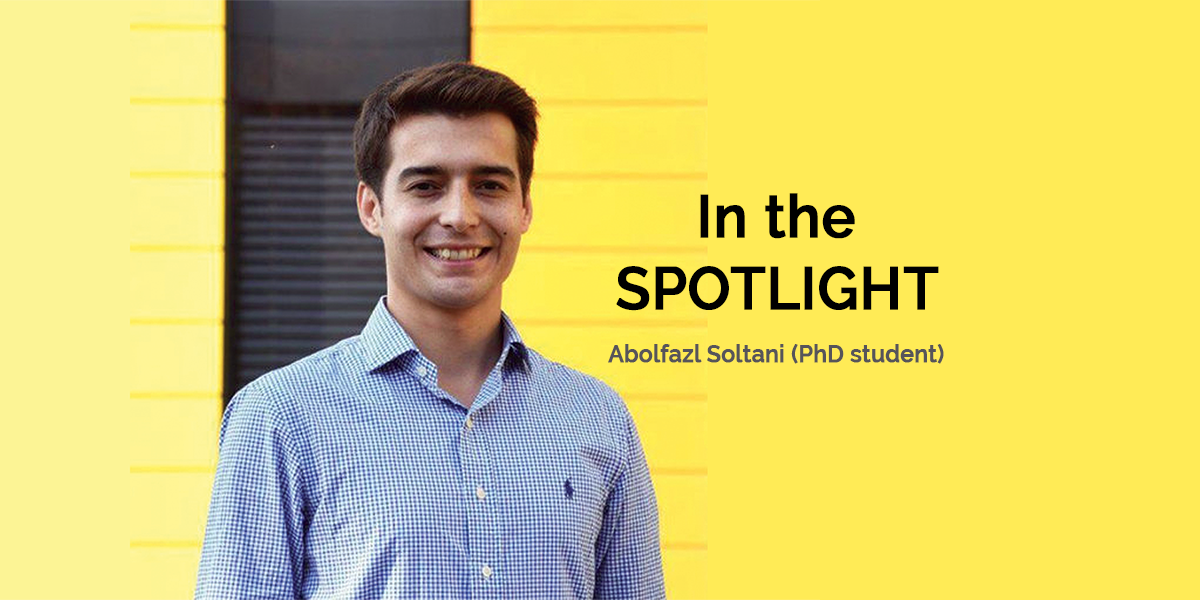This coming Friday Abolfazl Soltani, one of our Mobilisers from EPFL, Switzerland, will have the public defense of his PhD thesis.
In his PhD work, Abolfazl has focused on accurate walking speed estimation and walking bout detection based on wrist-worn sensors. Although there are many different digital systems that can monitor gait in unsupervised free-living situations such as housekeeping, catching a bus, and shopping, they each have different advantages and disadvantages.
One such system, the Global Navigation Satellite System (GNSS), can measure real-world gait speed accurately, but it consumes a lot of power and is available only outdoors. Multiple Inertial Measurement Units (IMU) worn on the body can estimate speed accurately as well, but it’s challenging and unpractical to wear several sensors every day. Wearing a single IMU on the wrist or the lower back is more acceptable for real-life conditions. Especially a wrist mounted IMU is very user friendly because it can be integrated into a watch. However, the concomitant algorithms are mostly validated in supervised situations, and they lose performance significantly in unsupervised daily life. A single IMU worn on the lower back could capture gait patterns robustly even in patients and could be used to extract specific gait parameters like asymmetry. However, the many lower back-based methods have not been fully compared to determine what algorithms lead to better performance and under what criteria (slow, normal, and fast walking).
In his PhD work, Abolfazl Soltani has been working on validating algorithms for a single wearable sensor used to measure real world gait, with focus on accurate wrist-worn IMU-based speed estimation and gait bout detection algorithms using Machine Learning. The gait bout detection algorithm was validated against a multiple-IMU-based system for healthy people in unsupervised daily life. In addition, he performed a cross-validation against the lower back-based algorithms to investigate the best algorithms for different speed ranges.
This coming Friday afternoon, Abolfazl will have the public defense of his thesis entitled “Gait in real world: validated algorithms for gait periods and speed estimation using a single wearable sensor”. Would you like to hear more about the validation of algorithms in a single wearable sensor? Then don’t miss Abolfazl’s public defense on Friday, December 11! Everyone interested both within and outside the Mobilise-D Consortium is invited to follow the defense online.
This will be a more popular presentation of his work for a general public, so without too many technical details, and it will be given in English on Zoom at You can follow the public defense here: https://epfl.zoom.us/j/88426991458).
Remember to FOLLOW us on Facebook, Twitter and LinkedIn.
Subscribe to our Newsletter.






